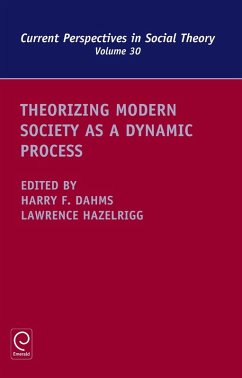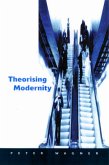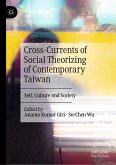While it was evident to the classics of social theory that modern societies are highly dynamic forms of social organization, and that this dynamic nature must be reflected explicitly and confronted directly in modes of analysis across the social sciences, over the course of the twentieth century, the acknowledgement of this fact has been weakening. As the social sciences became increasingly concerned with issues of professionalization and standards of validity inspired by more established disciplines, especially the natural sciences and economics, the focus on dynamic processes gave way to efforts to illuminate structural (i.e., static) features of modern social life. In recent decades, however, this preoccupation with structure has begun to give way to more process-oriented research orientations. In part, this renewed interest in dynamics rather than statics is reflective of the growing influence of Continental European traditions, especially in Germany and France. In this follow-up volume to "e;Theorizing the Dynamics of Social Processes (vol. 27)"e;, the emphasis is placed on recent trends in Continental European social theory, and on the importance of political analyses to theorizing modern societies.
Dieser Download kann aus rechtlichen Gründen nur mit Rechnungsadresse in A, B, BG, CY, CZ, D, DK, EW, E, FIN, F, GR, HR, H, IRL, I, LT, L, LR, M, NL, PL, P, R, S, SLO, SK ausgeliefert werden.









